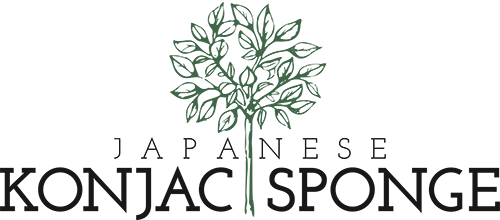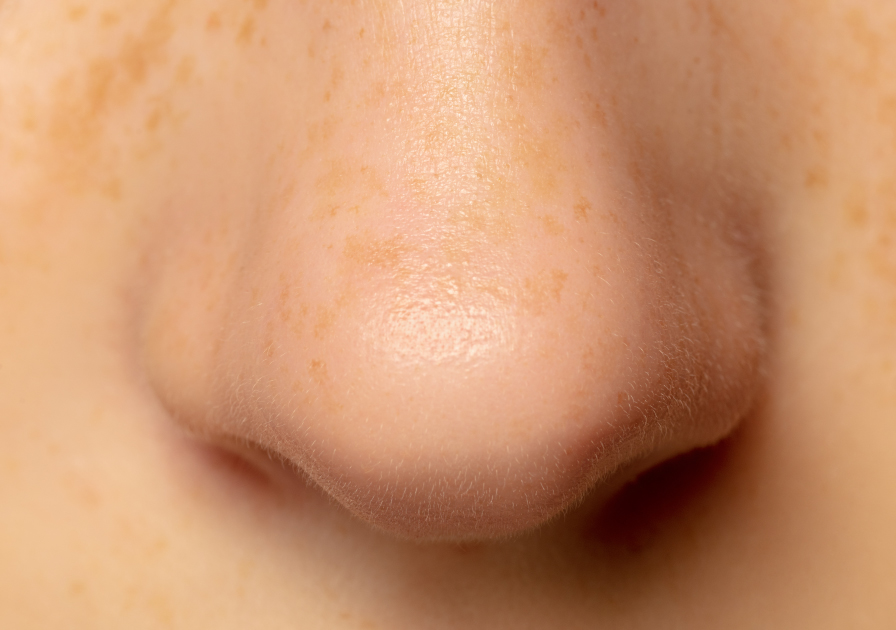Bumps, blemishes, and spots on the nose can be particularly difficult to disguise. Even worse, facing the world with nose acne can lower your self-confidence and self-esteem. So, if you’re prone to acne on the nose, a skincare routine that uses natural products is essential. Vegan, organic products that cleanse the skin without over-drying it are must-haves if you suffer from pimples. Read on to learn more about managing acne on the nose.
What Causes Nose Acne?
Acne vulgaris and acne rosacea result in blemishes on the nose Acne vulgaris causes symptoms such as whiteheads, blackheads, and pus-filled bumps on the nose. Acne vulgaris is classified into two types: inflammatory and non-inflammatory. Inflammatory acne vulgaris is the most severe form of acne. It may be found on the nose and elsewhere on the face. In addition to whiteheads and blackheads, inflammatory acne vulgaris results in swelling and redness around cyst-like pimples (called pustules).
Noninflammatory acne vulgaris includes occasional whiteheads, blackheads, or pimples that appear from time to time. They generally are not accompanied by redness or swelling around the bump. Both inflammatory and non-inflammatory acne vulgaris is caused by clogged pores. Skin cells, oil, dirt, and debris are all responsible for clogging the pores.
A second type of nose acne is called acne rosacea. This type of acne is actually a form of rosacea (enlarged blood vessels). However, it may look like acne as it can result in tiny bumps. In addition to bumps on the nose, acne rosacea often also causes redness in the cheeks. It is caused by a chronic, inflammatory skin condition.
Preventing Acne on the Nose
Dermatologists agree that the best defense is a good offense when it comes to acne. This means that you need to cleanse the skin thoroughly but gently twice per day. You should also use a gentle exfoliative product to remove dead skin. High-quality cleansers, along with a Konjac sponge that is gentle enough for daily use can help the pores remain free of buildup that leads to bumps.
Treatments for Acne on the Nose
Inflammatory acne vulgaris on the nose may require prescription medication from a dermatologist to treat if over-the-counter acne medications do not help. Prescription medications that may help to treat inflammatory acne include retinoids, antibiotics, azelaic acid, or salicylic acid. Other therapies may include treatments such as chemical peels, light therapy, laser therapy, or even steroid injections.
Noninflammatory acne vulgaris often responds well to spot treatments that you may find at the pharmacy or supermarket.
Rosacea acne may require topical medications such as metronidazole, or oral antibiotics.
Why is a Konjac Sponge a Good Product for Acne?
Konjac sponges contain no additives or preservatives. Made of a fibrous vegetable root, they are 100% organic and 100% vegan. Non-irritating, and easy to care for, Konjac sponges gently remove dirt, debris, excess oil, and dead skin without drying out the skin. Konjac sponges are also alkaline, helping to maintain your skin’s pH balance, without irritation.
Konjac Sponges: Retail Opportunities Available
To become an authorized retailer of authentic Konjac sponges from Yamamoto Farms near the base of the Japanese Alps, send us a message today to learn more.

